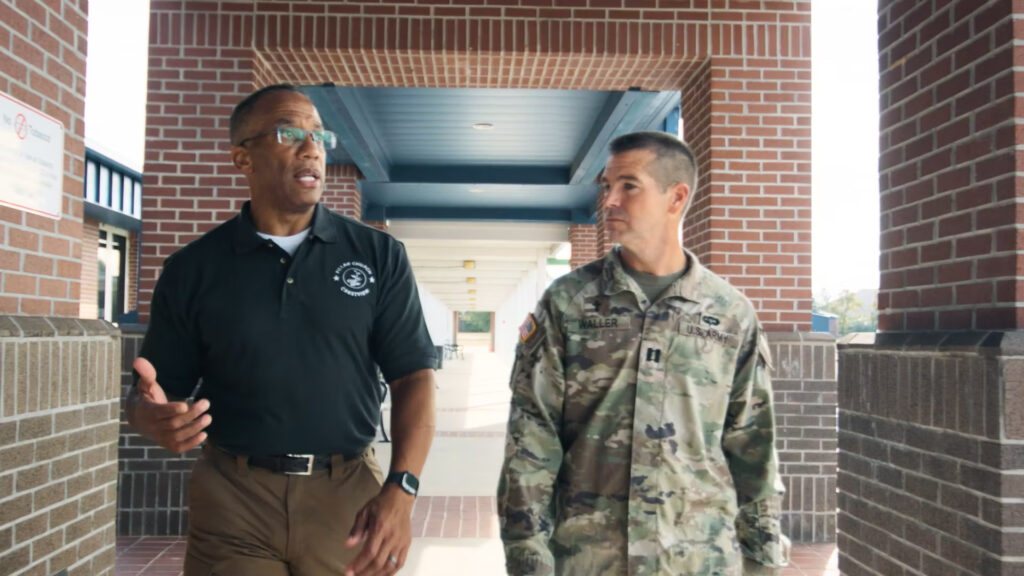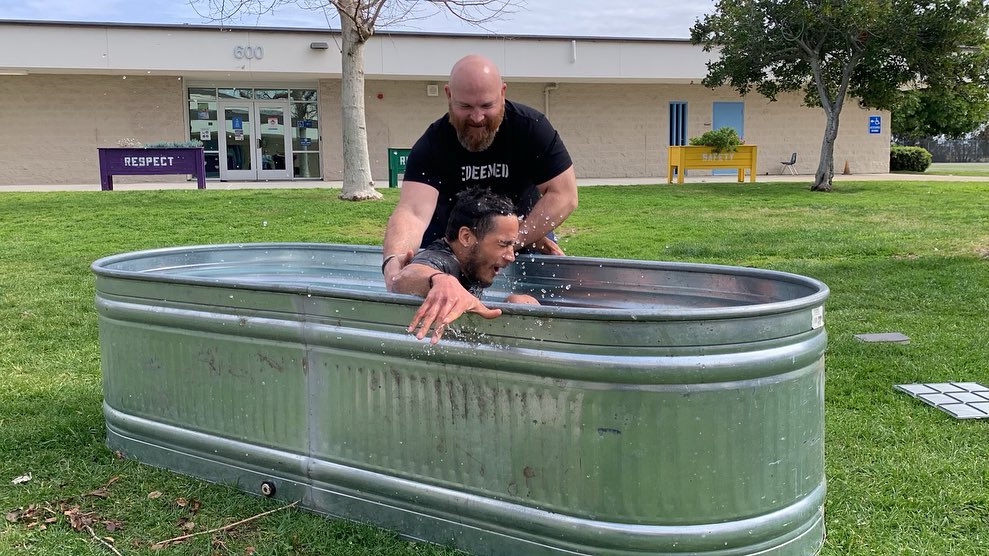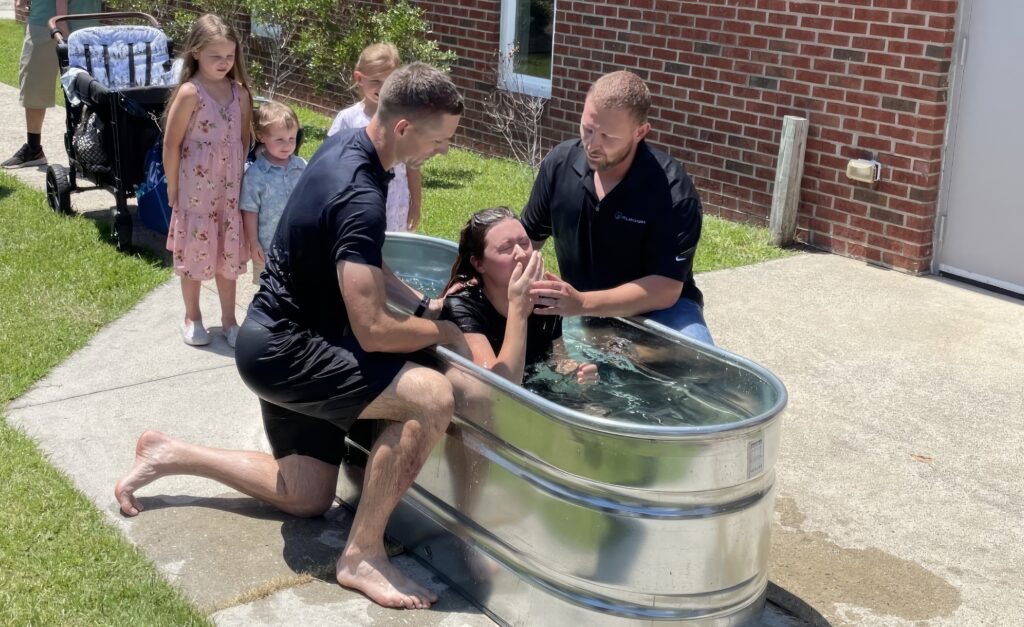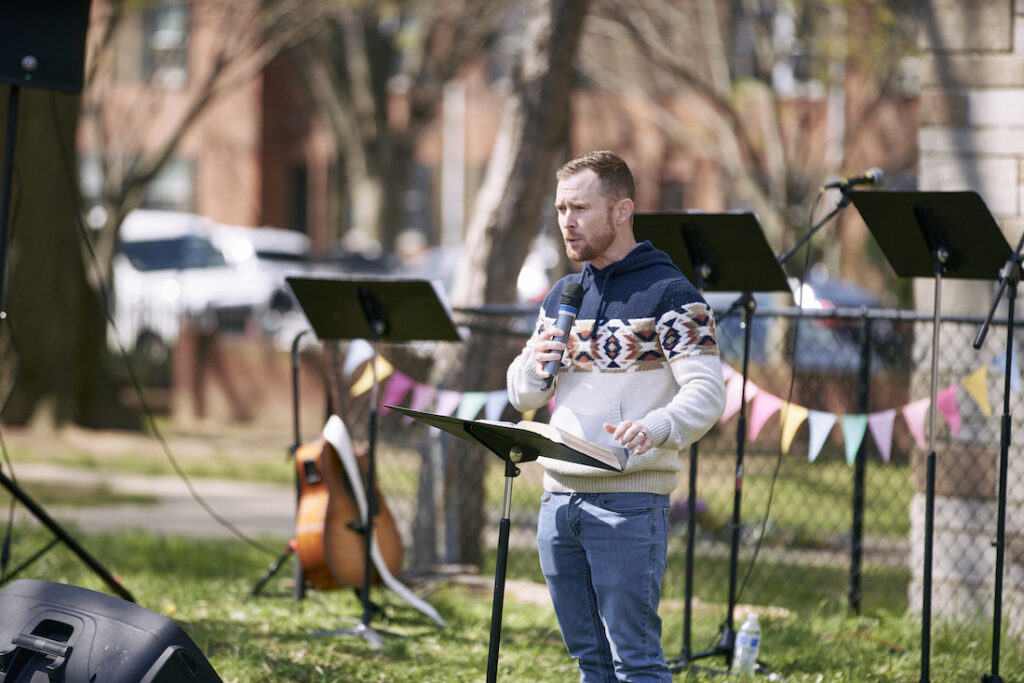There’s a missions thread that runs through Taylors First Baptist Church. Launched at the time of the Civil War, Taylors was planted to reach an area outside Greenville, SC without a consistent gospel witness. By God’s grace, that gospel witness extends through our mission efforts to reach our community, North America and the ends of the earth. It does so through people currently committed to pray consistently, to give generously and to extend its hand to a number of Great Commission partners. But Taylors has also made a commitment to send it’s people on both short-term mission trips and to give their lives to plant the gospel in another city or country with no return ticket. We ask our people to “pack a suitcase” or “pack a house.” With this desire to send people comes challenges.
We ask our people to “pack a suitcase” or “pack a house.” With this desire to send people comes challenges.
Creating a leadership void when our best leaders leave
Taylors, over a process that took close to 3 years, had the privilege of sending two staff members and their families to plant a church on the outskirts of Boston. We were blessed by other churches and partners who contributed in many significant ways and filling in the holes where we lacked resources, experiences, or abilities. But we also committed to send other families to Boston, men and women who were leaders at Taylors and incredible contributors to the body. In all, we commissioned seven families to Boston. As God moved in their lives, it was hard to see them grow in fruitful relationships and ministries only to take on new kingdom assignments. But there has been a deep-seated joy — excitement among the body — to see what God has done every step of the way to the launch of weekly services in Boston this fall. It’s a perspective — sending your best leaders — that should be the norm among our churches. But often it’s not.
Mobilizing an established church to see the value of sending
The most consistent aspect of our missions participation throughout our history has been giving to missions whether through the Cooperative Program or or the designated offerings at every denominational level. That’s not even including the various Great Commission ministries and opportunities we support, with many of our people serving in key leadership roles within those partner ministries. It would be easy for us to see generous financial support as a substitute rather than a supplement to the Great Commission. It would be easy for us to combine giving abroad and energy expended on ministry at home as passing the test. Instead, the challenge is to be measured by what Jesus commanded: make disciples who will make disciples everywhere.
Instead, the challenge is to be measured by what Jesus commanded: make disciples who will make disciples everywhere.
Prioritizing where and how to send effectively among many needs
It’s essential that with this heart to send people we also prayerfully and thoughtfully create a solid strategy for deep gospel impact. We desire simply not to get people “out on mission” but to get them “out in alignment” with a well-designed plan. Every pastor knows what it’s like to hear the passion of a member or a group to serve or go on a trip where there might be a need, but at the same time be at a loss as to how it fits into a long-term collective strategy for gospel impact. The challenge is to pray and think intentionally about what you want to see God produce through your sending over time. For us, we’ve recently focused on church planting in North America’s unreached areas — one push in Boston, another in Salt Lake City. We’ve also adopted a people group overseas where there is not one known believer among them as well as church planting in a region of Europe where there is no evangelical witness. Church planting and reaching hard places aren’t the sum of our mission efforts, I don’t want to mislead you. We still participate in work that might not fit neatly in those categories. But they help put a point on the stewardship of our dollars and processes and people and it helps us communicate more clearly the overarching commission of the church.
The challenge is to pray and think intentionally about what you want to see God produce through your sending over time.
So, while we face challenges we also have the privilege of working through them while walking with other churches. For example, several churches from South Carolina and some across the country have been a vital source of help to the launch in Boston; in Salt Lake City by way of NAMB’s SEND city initiative, 17 pastors and leaders joined us for 2 days to see meet church planters on the ground and see the overwhelming lostness of the region; and this is just in the area of church planting in North America. Whether through denominational ties, geographical proximity, relationships among pastors, or a shared mission target, the partnerships we share help us send our people effectively but ultimately contribute to finishing the Great Commission task.
Published October 20, 2015




